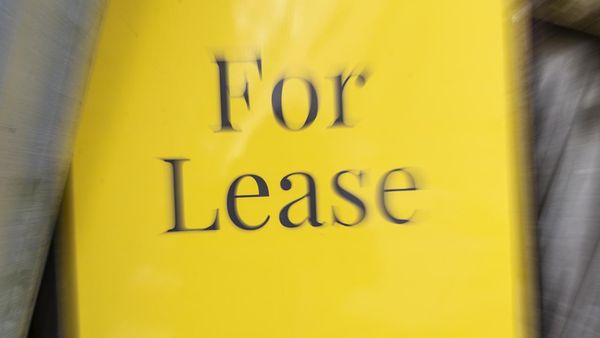
Dog breeders will need to be registered and limited in the number of puppies they can produce in a bid to improve animal welfare in NSW.
Agriculture Minister Tara Moriarty has introduced laws to parliament on Thursday to curb the prevalence of large-scale puppy farms in a move that has been widely welcomed.
For the first time in the state, breeders will be required to register to run a commercial breeding operation.

Female dogs will only be allowed to have five natural litters or three caesarean litters before being retired.
Breeders will be allowed a maximum of 20 fertile bitches on any premises, with a minimum of one staffer to care for every 20 dogs.
"With half of all households having a dog at home there is significant community concern about the welfare of these dogs and puppies, and about the practice of puppy farms," Ms Moriarty said.
Dogs NSW, an association for registered breeders, said it had worked with the government on the changes.
"We support the mandate that breeders must, for the first time, obtain a
breeder identification number, enabling transparency of the sector," a spokeswoman said.
"If stringently policed, (this) will go a long way to eliminating the unregistered breeders who have no regard to the health or wellbeing of the puppies they breed and whose main objective in breeding is profit."

Animal Welfare NSW chief executive Stephen Albin said the changes wouldn't come into effect until the end of 2025, giving breeders time to adapt and apply for registration.
"We have seen a huge spike in breeding since COVID-19, with a big increase in dogs coming into the shelter, blowing out our waiting lists and making it extremely challenging to find new, loving homes for dogs who are often just puppies," he said.
"This bill will help ease the pressure on our shelters and allow us to rehome dogs that have been surrendered or abandoned."
Animal Justice Party MP Emma Hurst previously introduced a bill to ban puppy farms after an earlier attempt stalled in parliament before the March 2023 election.

She has said the problem became worse in NSW after Victoria effectively banned puppy farms in 2017, with one council near the border reporting a 500 per cent increase in development applications for intensive dog-breeding facilities.
"Puppy farming has remained legal in NSW for far too long," Ms Hurst said, adding that parts of the laws could still be strengthened.
Western Australia has passed laws to better regulate dog breeding, with a contract for the development of a state-wide registration system for cats and dogs awarded earlier in August ahead of its introduction in 2025.
South Australia is reviewing public consultation after plans to match Victoria as the strictest jurisdiction for breeding were announced in May.
Queensland increased penalties for serious breaches of the duty of care in 2022 after earlier introducing a code of practice for dog breeders.










